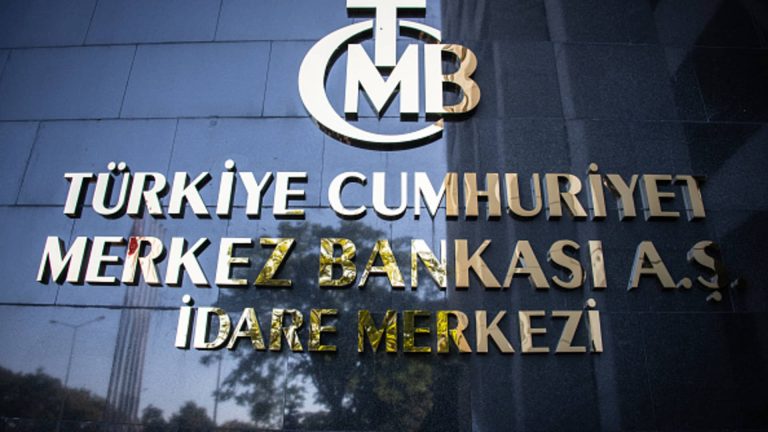Turkey’s central bank on Thursday hiked interest rates by more than expected to 25%, signaling it was willing to follow through on a new commitment to damp inflation through monetary policy.
The main policy rate was previously at 17.5%. Economists polled by Reuters expected a rise to 20%.
In volatile trade after the announcement, the embattled Turkish lira gained ground against the U.S. dollar and euro. The greenback was roughly 1.6% lower against the lira at 12:47 p.m. London time, and the euro was 1.5% lower against the lira.
In a Thursday statement, the Turkish central bank committee said it “decided to continue the monetary tightening process in order to establish the disinflation course as soon as possible, to anchor inflation expectations, and to control the deterioration in pricing behavior.”
Ongoing firm inflation rates pushed the central bank to recently revise its inflation forecast for the year-end from 22.3% to 58%. On Thursday, the bank said it expected year-end inflation to sit in the “upper bound of the forecast range.”
Inflation has been falling since peaking at 85% in October 2022, but jumped from 38% in June this year to nearly 48% in July. The central bank on Thursday attributed the ongoing stickiness of national inflation to strong domestic demand, wage pressures, exchange rates, persistent services inflation and tax regulations.
New direction
Turkish President Recep Tayyip Erdogan in June appointed former Wall Street Banker Hafize Gaye Erkan as the new central bank governor, indicating a shift away from the controversial policy of lowering interest rates as inflation soared.
The central bank has since announced rate hikes in June and July, though the move of July fell short of market expectations.
Liam Peach, senior emerging markets economist at Capital Economics, said in a Thursday note that the latest rate move would “go a long way towards reassuring investors that the shift back to policy orthodoxy is on track.”
Peach said that uncertainty had been added to the interest rate outlook, and it was now plausible rates could go above 30% in the coming months.
“As far as Turkey’s macroeconomic outlook is concerned this could be a game-changer, paving the way for the central bank to take rates to a much higher level and tackle Turkey’s macro imbalances,” he said.
“Whether President Erdogan was on board with this decision is another matter and we simply can’t rule out Governor Erkan being sacked as a result of this move.”
Read the full article here









